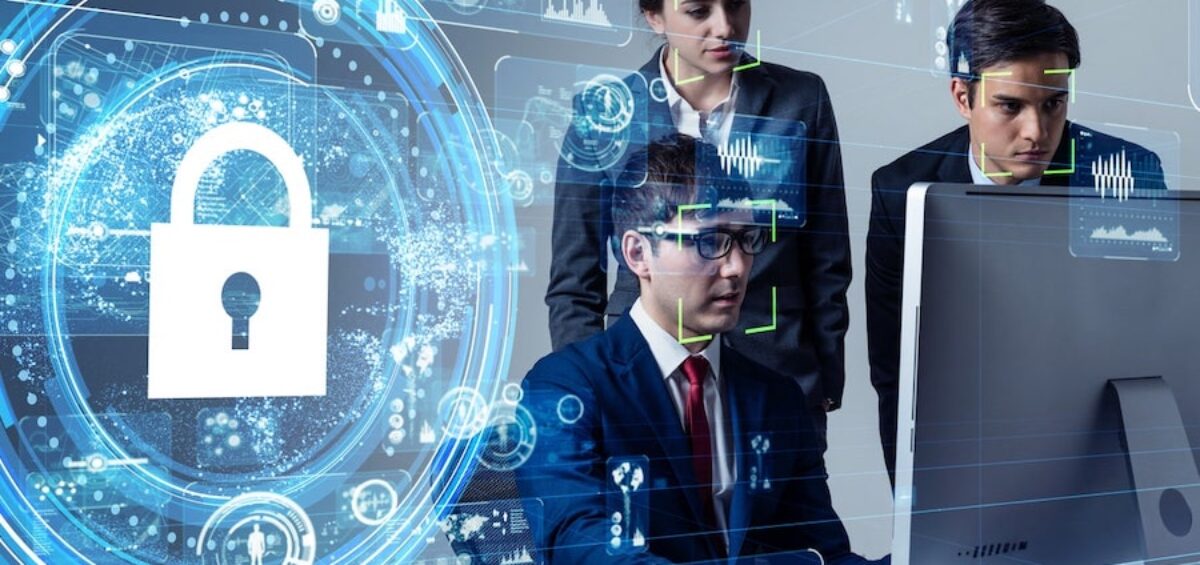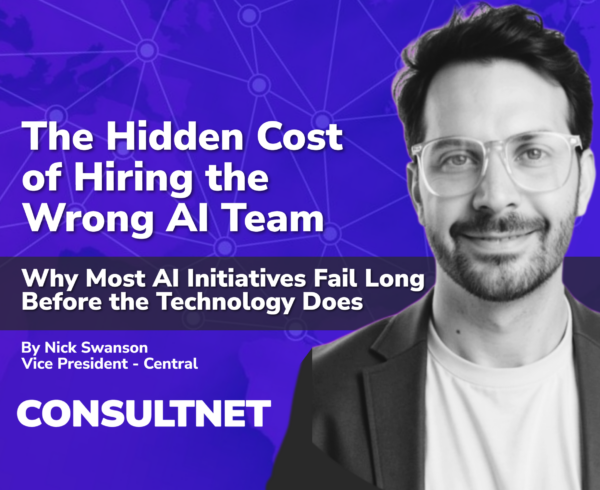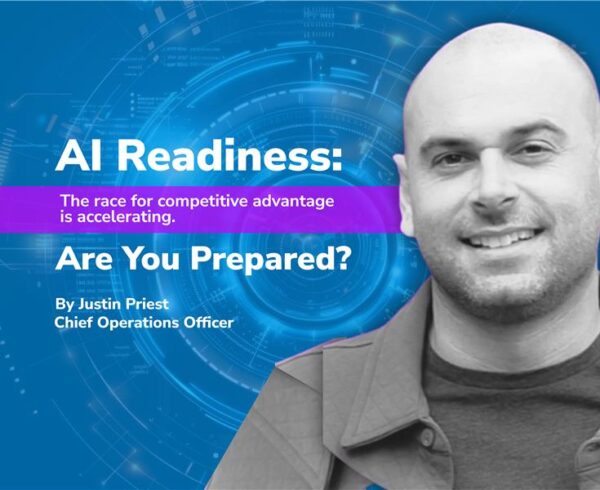In the modern digital era, cybersecurity has emerged as an indispensable element in safeguarding individuals, organizations, and nations from the imminent threats of cyberattacks and data breaches. With the ever-increasing reliance on technology and the pervasive presence of the Internet, nearly every aspect of our lives has become interconnected and vulnerable to cyber threats.
The landscape of cybersecurity threats is constantly shifting, encompassing a wide spectrum of malicious activities, ranging from relatively unsophisticated phishing scams and malware attacks to highly sophisticated and persistent threats known as advanced persistent threats (APTs). These threats can originate from various sources, including cybercriminals, hacktivists, nation-states, and even disgruntled insiders.
The potential consequences of cyberattacks are far-reaching and severe. Financial losses can be substantial, with organizations incurring significant expenses to recover from data breaches, system disruptions, and reputational damage. Moreover, cyberattacks can lead to the theft of sensitive data, intellectual property, and personal information, compromising privacy and exposing individuals and organizations to further risks.
The disruption of critical infrastructure and services is another major concern. Cyberattacks have the potential to disrupt essential services such as power grids, transportation systems, and healthcare facilities, causing widespread chaos and jeopardizing public safety. In light of these grave threats, building a robust cybersecurity defense team is an imperative for organizations seeking to effectively mitigate cyber risks, protect sensitive data, and ensure resilience in the face of evolving threats.
BUILDING A DIVERSE AND SKILLED DEFENSE TEAM
Assembling a cybersecurity defense team with diverse backgrounds, skill sets, and experiences is imperative for effectively countering cyber threats. A well-rounded team can bring together expertise in areas such as network security, endpoint protection, threat intelligence, incident response, and risk management, ensuring that an organization’s defenses cover a broad spectrum of potential vulnerabilities.
Fostering a culture of collaboration and open communication within the defense team is essential for success. Regular meetings, knowledge-sharing sessions, and incident response drills help team members stay aligned and ensure a coordinated response to threats. Encouraging continuous learning and professional development through industry certifications and training programs empowers the team to stay abreast of the latest cybersecurity trends and methodologies.
Recruiting and retaining talented individuals with relevant experience and qualifications is crucial for building a strong defense team. This involves actively seeking out professionals with a passion for cybersecurity, a track record of success in the field, and a willingness to continuously expand their knowledge and skills. By investing in the development and expertise of its defense team, an organization can significantly enhance its ability to identify and mitigate cyber threats and safeguard its critical assets.
EDUCATION AND TRAINING FOR CONTINUOUS IMPROVEMENT
In the ever-evolving cybersecurity landscape, organizations must prioritize continuous education and training to empower their defense teams. Regular cybersecurity training and workshops are essential in enhancing employees’ awareness and skills in identifying and responding to emerging threats. By providing comprehensive training programs, organizations ensure that their cybersecurity professionals possess the knowledge and expertise to effectively counter cyberattacks, including phishing scams and advanced persistent threats (APTs).
Furthermore, industry certifications such as the Certified Information Systems Security Professional (CISSP) or Certified Ethical Hacker (CEH) serve as valuable credentials that demonstrate an individual’s expertise and proficiency in cybersecurity. These certifications validate employees’ skills and knowledge, providing organizations with confidence in their ability to handle complex cybersecurity challenges. Encouraging employees to pursue industry certifications not only enhances their individual capabilities but also elevates the overall competency of the organization’s cybersecurity defense team.
To maintain a proactive stance against evolving threats, it is crucial for cybersecurity professionals to stay abreast of the latest trends and developments in the cybersecurity landscape. Attending conferences, workshops, and seminars provides opportunities for continuous learning and knowledge sharing. By engaging with industry experts and peers, cybersecurity professionals gain valuable insights into emerging threats, cutting-edge technologies, and best practices. This ongoing pursuit of knowledge ensures that the organization’s defense team remains proficient and well-equipped to counter the ever-changing tactics employed by cybercriminals.
Investing in continuous education and training is a strategic imperative for organizations aiming to fortify their cybersecurity defenses. By equipping their cybersecurity team with the necessary knowledge, skills, and certifications, organizations empower them to effectively identify, analyze, and respond to cyber threats. This proactive approach not only safeguards sensitive data and critical infrastructure but also enhances the organization’s overall resilience against cyberattacks, positioning it for success in the face of evolving digital challenges.






